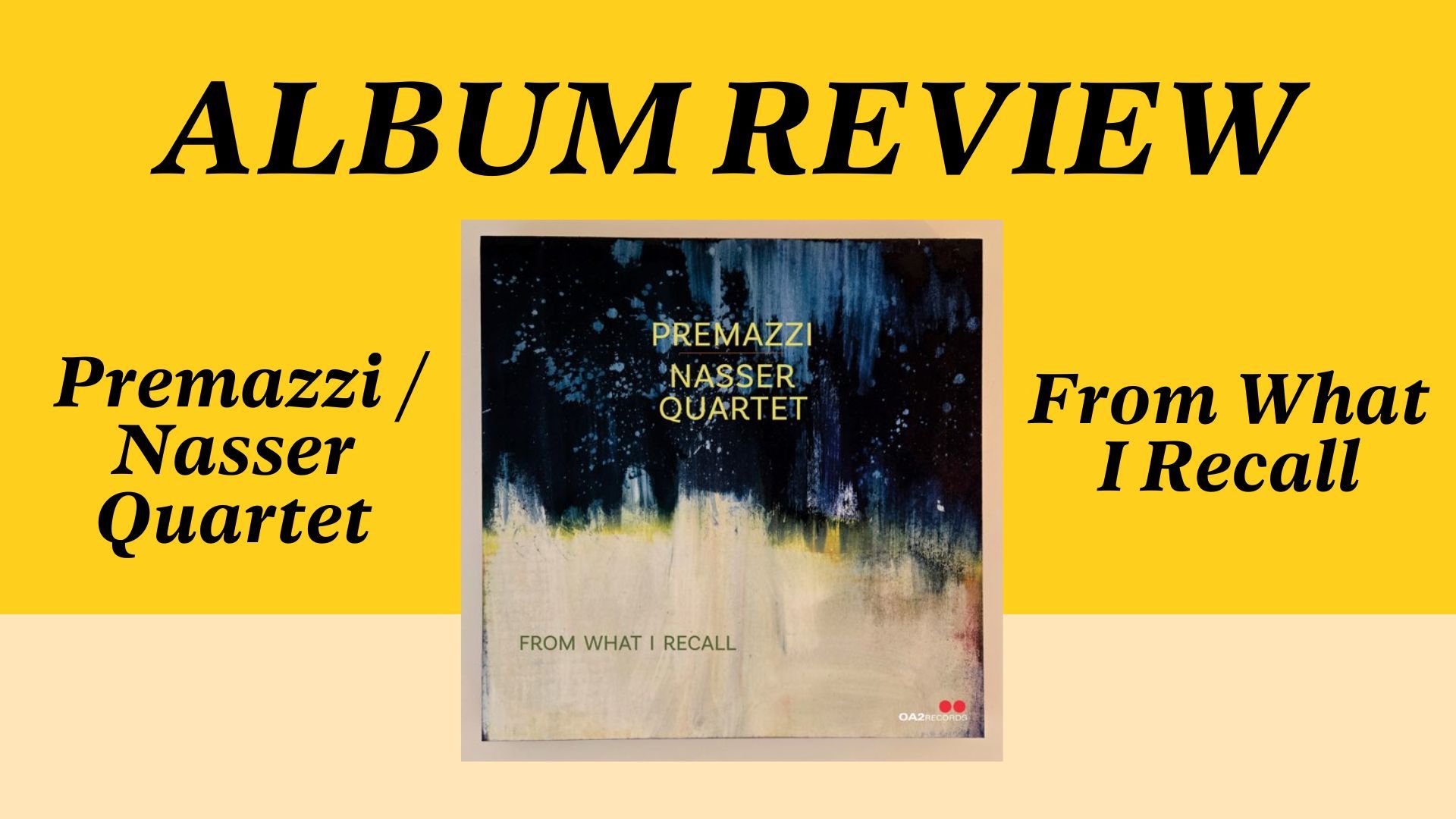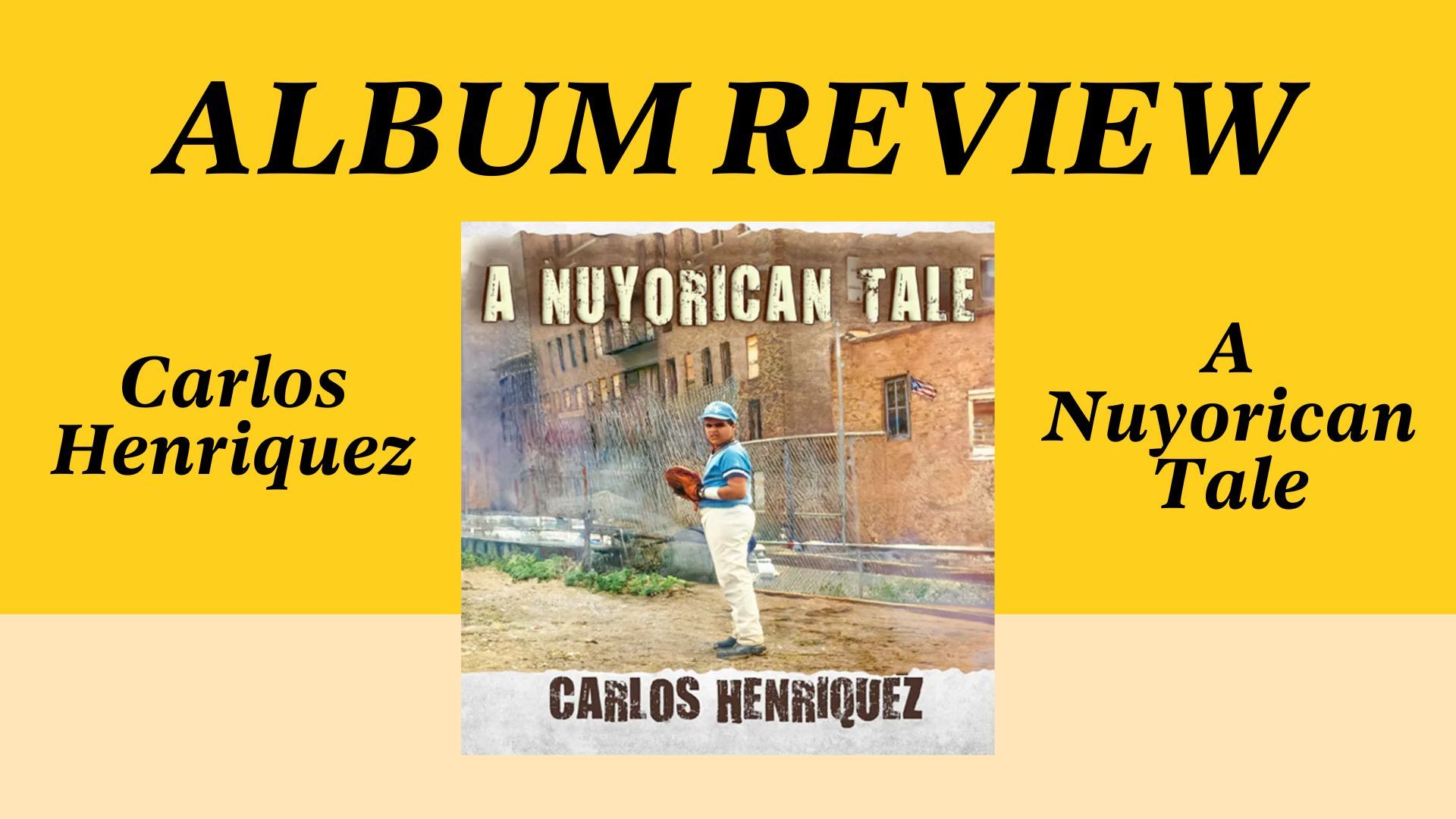Album Reviews

“Smokin’ Guitar Cat” is a beautiful single from vocalist Julie Black, which features Julie’s classic raspy, mellifluous bluesy voice. Dave Eichenberger's acoustic guitar and synth structure compliment Julie’s vocals, which makes you feel like you’re roaming the rainy streets of Ybor City. The song’s Cuban noir influences showcase lyrics like “soon everybody’s dancing to this smokin’ guitar cat on the rainy streets of Tampa where they roll the cigars at.”
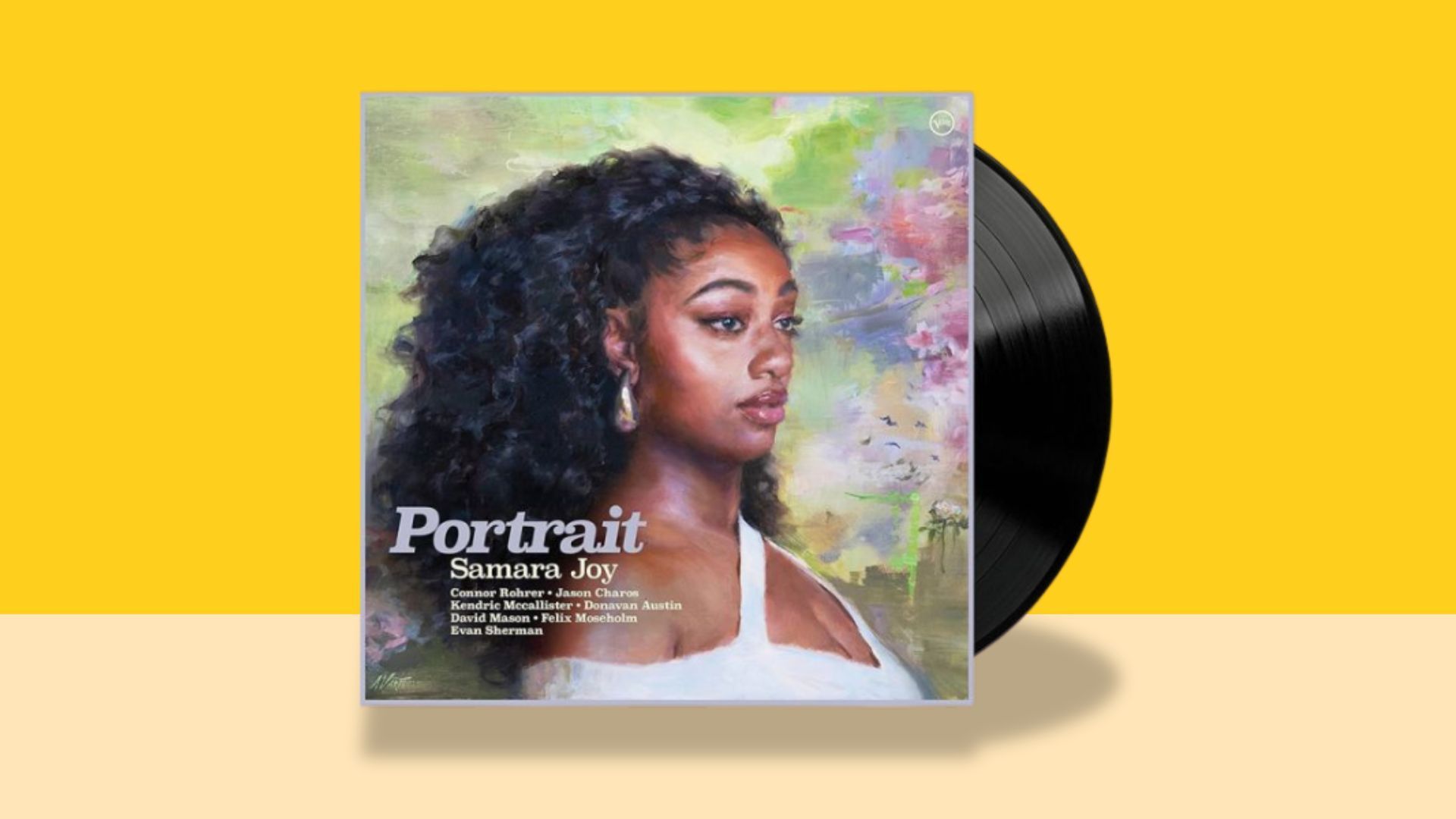
GRAMMY award winning artist Samara Joy crafts a stunning soundscape of vivid hues and complex harmonies with her aptly-titled second studio album, Portrait. Each track is seamlessly woven together through some of the most impressive composing and arranging I’ve heard from any recent jazz release. Each track serves as a carefully brushed stroke on a massive canvas. With brilliant vocal control and an impressively dynamic range, Joy has no problem covering this canvas from top to bottom.
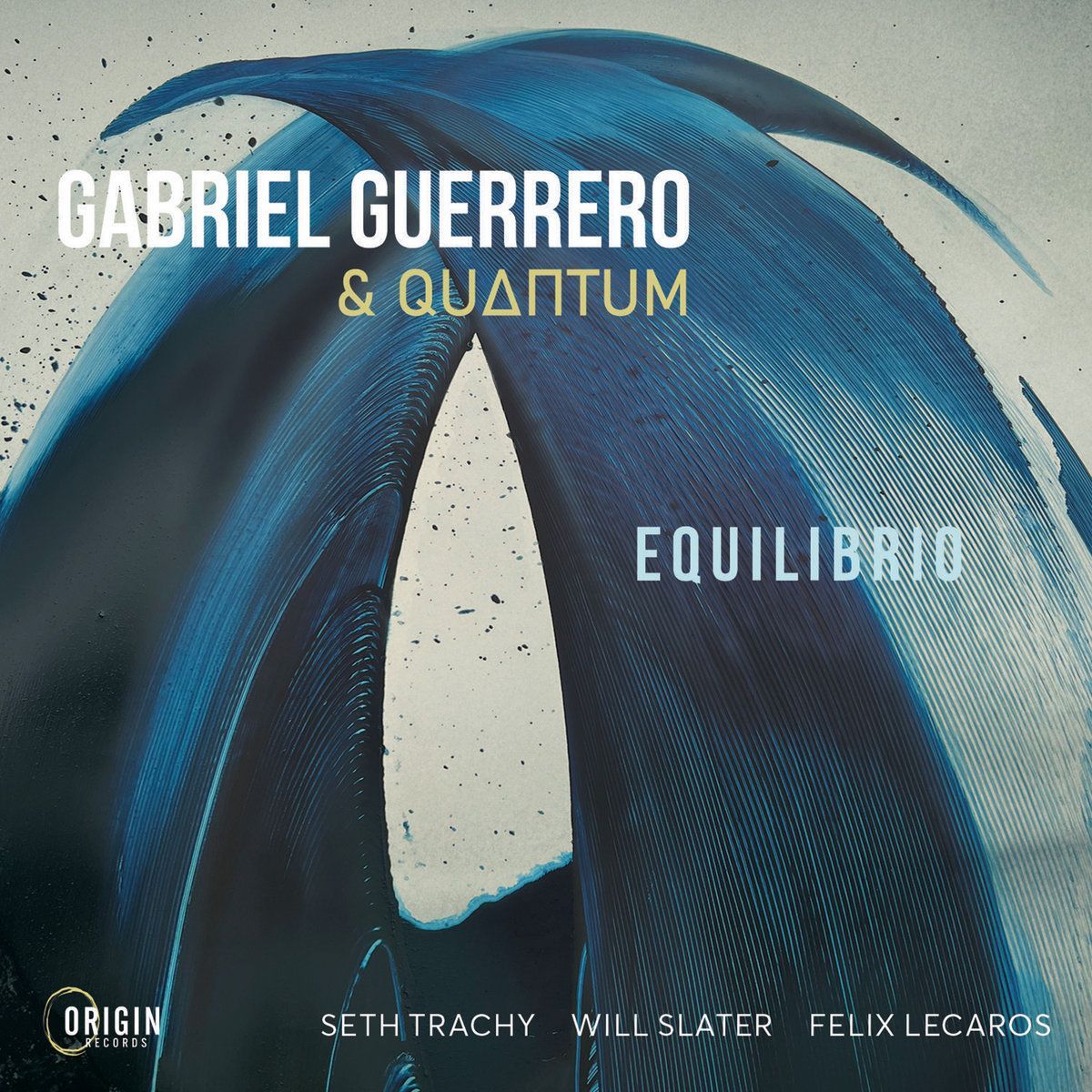
Gabriel Guerrero, a Colombian-born and NYC-based pianist, composer and educator has given us eleven charming and silky-smooth tracks to enjoy on his new record Equilibrio - while at times verging on the inoffensive and anodyne, Guerrero and his band QUΔΠTUM provide enough energy to keep listeners engaged with their particular brand of high end jazz.

Solidarity is an assured debut record by Colorado composer, arranger and trombonist Zach Rich – at points one’s shocked that this his first foray into studio recording as a bandleader. Blending a full chamber jazz sound with influences from more-contemporary composers, Rich paints a vivid sonic tapestry that captivates from start to finish. Replete with skillful musicianship from players like Gavin Allen-Dunn and Austin Cebulske, Solidarity is a worthwhile purchase for any attentive jazz enthusiast.

The Pacific Northwest has become something of a hotbed for great new jazz music in recent years, with the region producing forward-thinking artists and records at a seemingly improbable rate. Bill Anschell, one of the most talented pianists working in today’s scene and a Seattle native, was not someone known to rock the boat: previous albums such as Rumbler and Blueprints operated within the existing bounds of mainstream acoustic jazz, filled with technically gifted playing but did not aim to reinvent the wheel. Improbable Solutions, Anschell’s best release to date, changes all that.
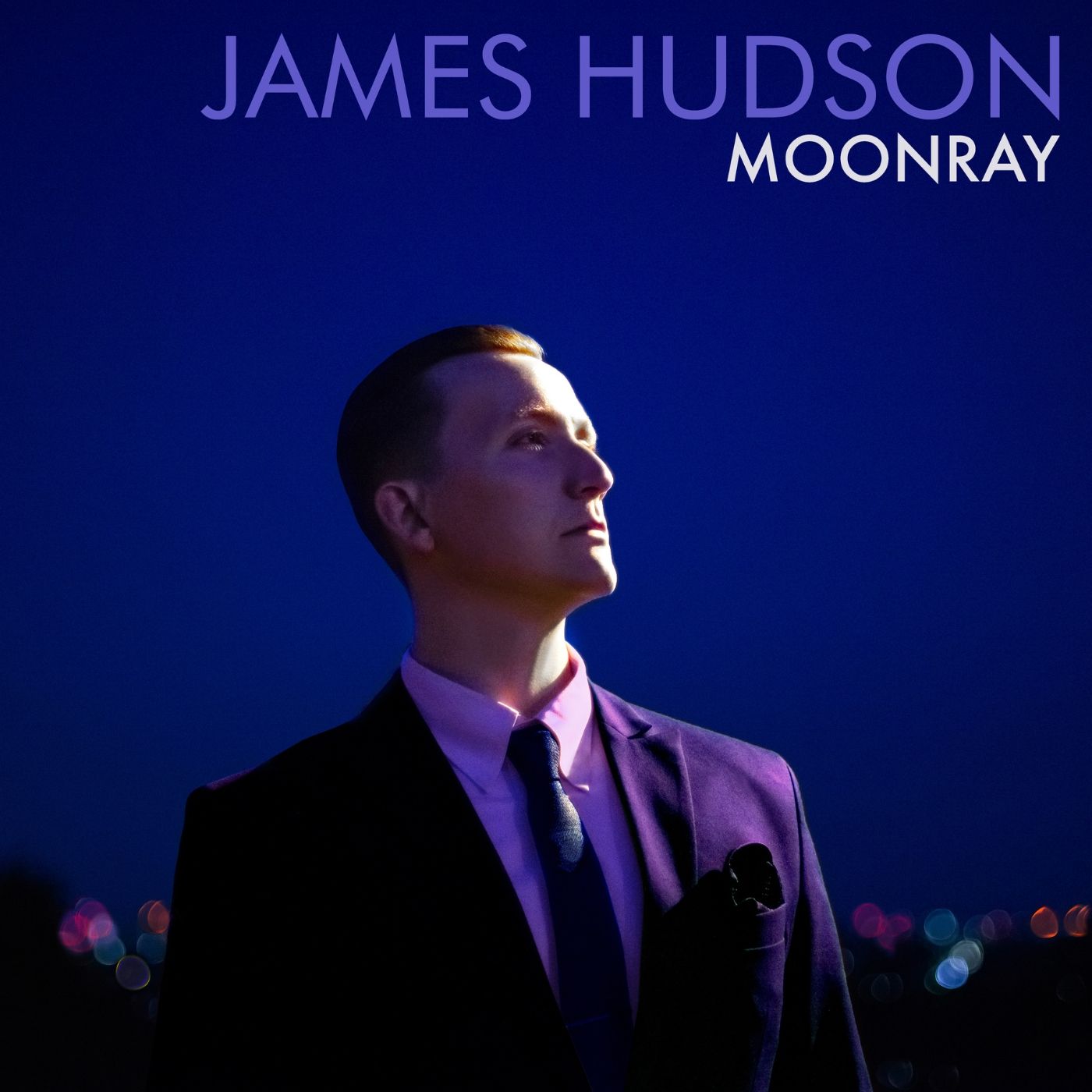
Vocal jazz has been on the wane in recent years - as contemporary musicians veer either towards the bleeding edge of avant-garde jazz or the J Dilla-inflected stylings of jazz rap, the moody vocalists and smooth records that once were the standard bearers of popular jazz music fade from view in a genre that seems increasingly unfriendly to the music of Mel Tormé, Dinah Washington and ol' Blue Eyes himself.
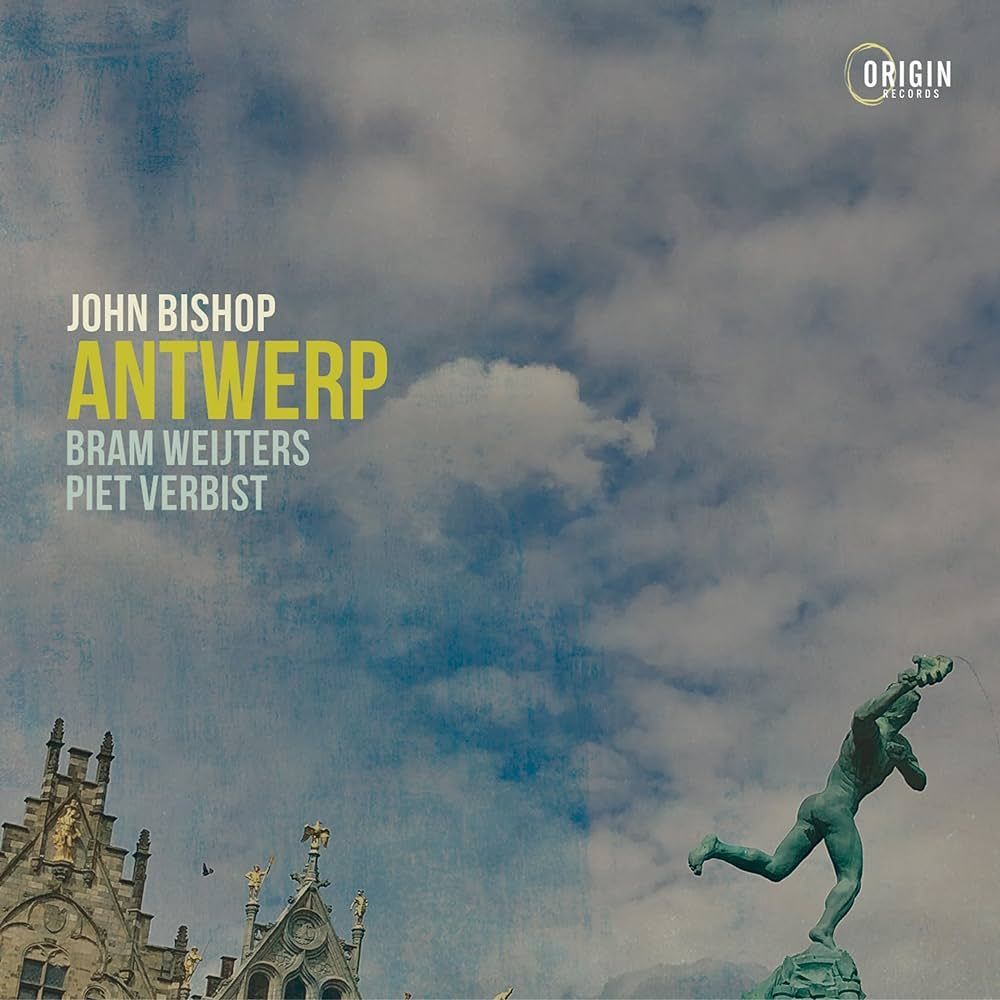
If it sounds like drummer John Bishop and pianist Bram Weijters are playing like their hair's on fire, in a way, they are - Bishop, Weijters and bassist Piet Verbist made yearly trips to the Belgium city of Antwerp, using their time in the city to record, jam and play over a hundred shows as a trio that overflows with effortless chemistry. The COVID-19 Pandemic changed that with strict international travel restrictions meaning the three friends couldn’t make their usual trip to the city on the Scheldt.



